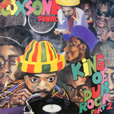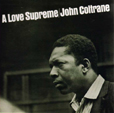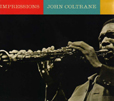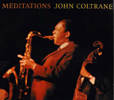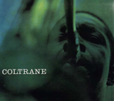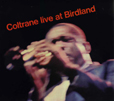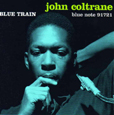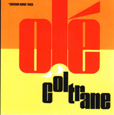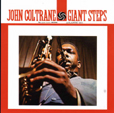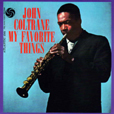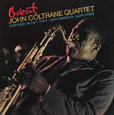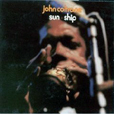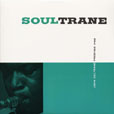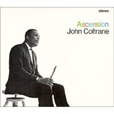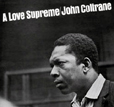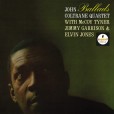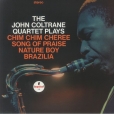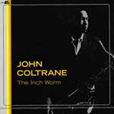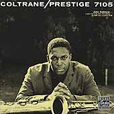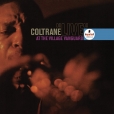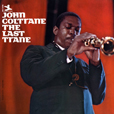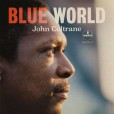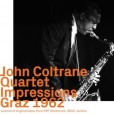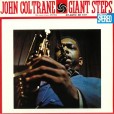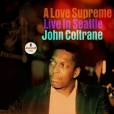Your basket is empty

Including a killer mix of Homeward Bound, the Creation Steppers’ blazing update of The Skatalites’ Confucius; a heavy Spear and a heavier Fred Locks (with Reggae Reggae Sauce rocking the mic).
Totally unmissable just for the opener, a killer, 15-minute version of Arlen’s show-tune Out Of This World — drums and bass locking it down, Trane taking flight. From 1962, between Ole and Impressions.
Hard-blowing bop classic from 1958, when Trane was with Monk. A crack sextet rounded out by the richly soulful trombone of youngster Curtis Fuller. Next stop, Giant Steps.
His last Atlantic is a masterpiece; modal heaven. Ole is thunderous, with two bass players; Aisha is a gorgeous ballad. ‘George Lane’ is Eric Dolphy; Freddie Hubbard’s here, too.
Superior, ‘crystal clear’, 140g pressing from Rhino.
Trane’s majestic debut for Atlantic, ushering in the 1960s. Refreshingly the CD-only alternates are intriguing (from several dates in 1959 with various pianists and drummers).
With the classic, studio version of the title track. The drummer John Stevens used to rave about Steve Davis, seldom recorded but here on bass.
Commissioned in 1964 for a film soundtrack — though only half the music was used — this is the classic quartet in gorgeous, relaxed, contemplative, from-the-heart re-visitings of Naima, Village Blues, Like Sonny and Traneing In; plus a new composition, Blue World. Nothing eye-opening, but so what. Warmly recommended.
Remastered, adding a bundle of alternate takes and versions — including rehearsal and incomplete takes, as well as false starts — only previously included in the box-set The Heavyweight Champion: The Complete Atlantic Recordings. Decent booklet, too.
